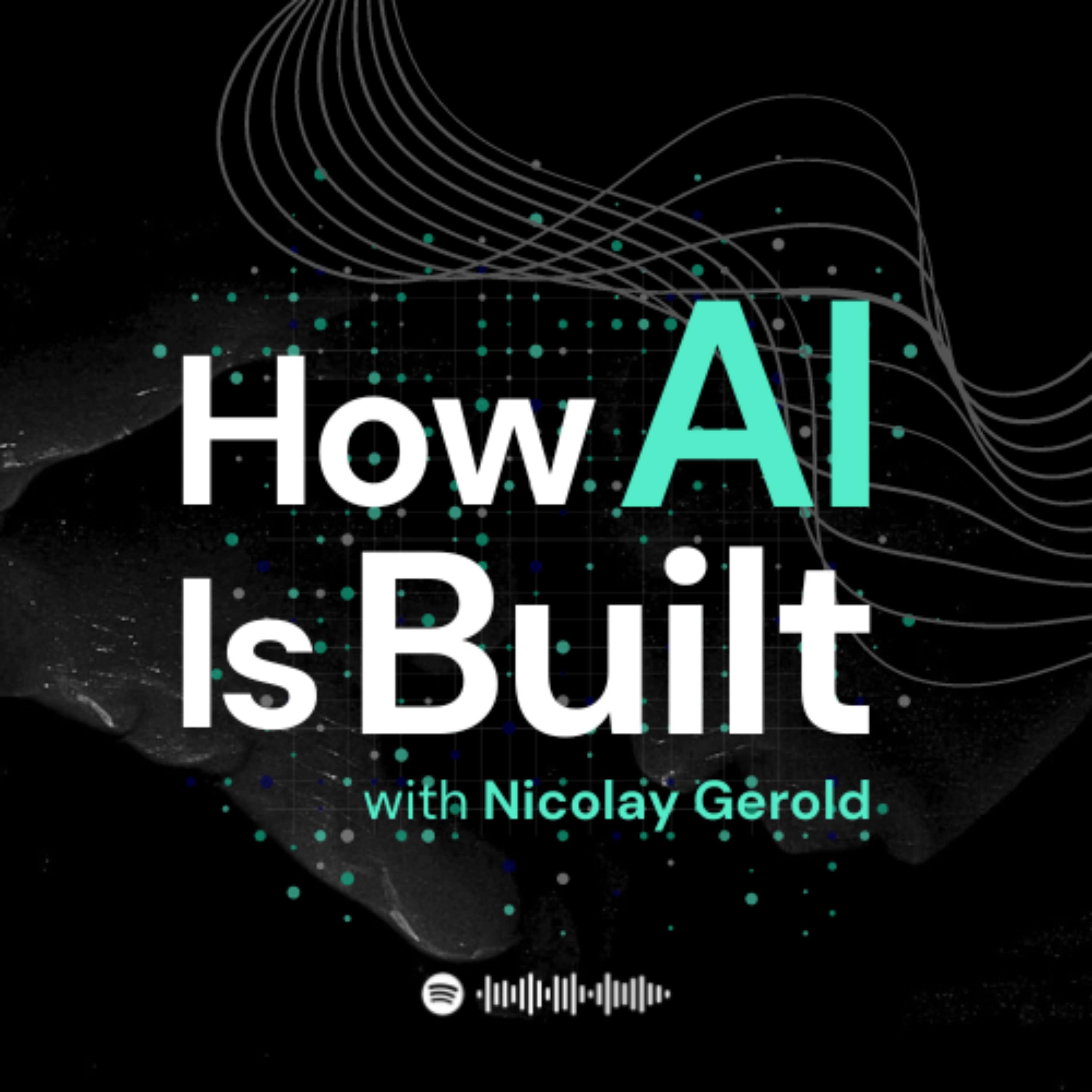Query Understanding: Doing The Work Before The Query Hits The Database | S2 E1
Description
Welcome back to How AI Is Built.
We have got a very special episode to kick off season two.
Daniel Tunkelang is a search consultant currently working with Algolia. He is a leader in the field of information retrieval, recommender systems, and AI-powered search. He worked for Canva, Algolia, Cisco, Gartner, Handshake, to pick a few.
His core focus is query understanding.
**Query understanding is about focusing less on the results and more on the query.** The query of the user is the first-class citizen. It is about figuring out what the user wants and than finding, scoring, and ranking results based on it. So most of the work happens before you hit the database.
**Key Takeaways:**
- The "bag of documents" model for queries and "bag of queries" model for documents are useful approaches for representing queries and documents in search systems.- Query specificity is an important factor in query understanding. It can be measured using cosine similarity between query vectors and document vectors.- Query classification into broad categories (e.g., product taxonomy) is a high-leverage technique for improving search relevance and can act as a guardrail for query expansion and relaxation.- Large Language Models (LLMs) can be useful for search, but simpler techniques like query similarity using embeddings can often solve many problems without the complexity and cost of full LLM implementations.- Offline processing to enhance document representations (e.g., filling in missing metadata, inferring categories) can significantly improve search quality.
**Daniel Tunkelang**
- [LinkedIn](https://www.linkedin.com/in/dtunkelang/)- [Medium](https://queryunderstanding.com/)
**Nicolay Gerold:**
- [LinkedIn](https://www.linkedin.com/in/nicolay-gerold/)- [X (Twitter)](https://twitter.com/nicolaygerold)- [Substack](https://nicolaygerold.substack.com/)
Query understanding, search relevance, bag of documents, bag of queries, query specificity, query classification, named entity recognition, pre-retrieval processing, caching, large language models (LLMs), embeddings, offline processing, metadata enhancement, FastText, MiniLM, sentence transformers, visualization, precision, recall
[00:00:00] 1. Introduction to Query Understanding
Definition and importance in search systemsEvolution of query understanding techniques[00:05:30] 2. Query Representation Models
The "bag of documents" model for queriesThe "bag of queries" model for documentsAdvantages of holistic query representation[00:12:00] 3. Query Specificity and Classification
Measuring query specificity using cosine similarityImportance of query classification in search relevanceImplementing and leveraging query classifiers[00:19:30] 4. Named Entity Recognition in Query Understanding
Role of NER in query processingChallenges with unique or tail entities[00:24:00] 5. Pre-Retrieval Query Processing
Importance of early-stage query analysisBalancing computational resources and impact[00:28:30] 6. Performance Optimization Techniques
Caching strategies for query understandingOffline processing for document enhancement[00:33:00] 7. Advanced Techniques: Embeddings and Language Models
Using embeddings for query similarityRole of Large Language Models (LLMs) in searchWhen to use simpler techniques vs. complex models[00:39:00] 8. Practical Implementation Strategies
Starting points for engineers new to query understandingTools and libraries for query understanding (FastText, MiniLM, etc.)Balancing precision and recall in search systems[00:44:00] 9. Visualization and Analysis of Query Spaces
Discussion on t-SNE, UMAP, and other visualization techniquesLimitations and alternatives to embedding visualizations[00:47:00] 10. Future Directions and Closing Thoughts - Emerging trends in query understanding - Key takeaways for search system engineers
[00:53:00] End of Episode
More Episodes
Documentation quality is the silent killer of RAG systems. A single ambiguous sentence might corrupt an entire set of responses. But the hardest part isn't fixing errors - it's finding them.
Today we are talking to Max Buckley on how to find and fix these errors.
Max works at Google and has built...
Published 11/21/24
Ever wondered why vector search isn't always the best path for information retrieval?
Join us as we dive deep into BM25 and its unmatched efficiency in our latest podcast episode with David Tippett from GitHub.
Discover how BM25 transforms search efficiency, even at GitHub's immense scale.
BM25,...
Published 11/15/24
Published 11/15/24


